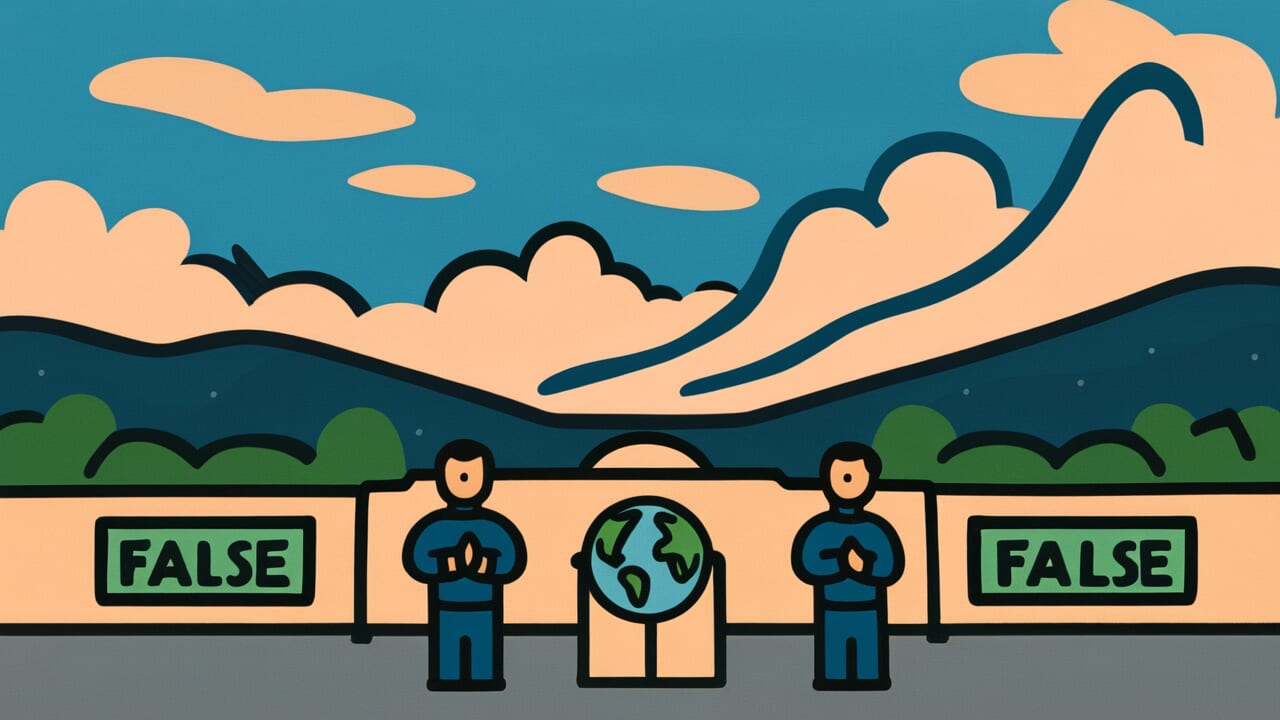Cultural Context
This Tamil proverb reflects a deeply rooted Indian understanding of social hierarchy and interconnectedness.
In traditional Indian society, the relationship between leaders and followers was seen as natural. When those in authority act with integrity, society flourishes and remains stable.
The imagery of sky and earth represents the cosmic order found in Indian philosophy. The sky symbolizes higher authority, whether rulers, parents, or spiritual leaders.
The earth represents those who depend on that authority for guidance and support. This vertical relationship was considered essential for maintaining social harmony and moral order.
Indian families and communities have long used such proverbs to teach responsibility. Elders pass down this wisdom to remind leaders of their influence.
The saying also appears in various regional languages across India with similar meanings.
Meaning of “If the sky fails, the earth will fail.”
The proverb states that when leadership fails, those below will also fail. If the sky betrays its nature, the earth follows suit.
The core message warns that corruption or failure at the top cascades downward.
In a workplace, when managers act dishonestly, employees often lose motivation and integrity. A school principal who ignores rules creates an environment where students disrespect boundaries.
In families, when parents break their own rules, children learn that principles are negotiable. The proverb emphasizes that leadership sets the tone for everything that follows.
This wisdom applies most clearly in hierarchical relationships with clear authority structures. It reminds those in power that their actions have far-reaching consequences.
However, it also suggests that individuals lower in hierarchy have limited agency. The proverb focuses on top-down influence rather than bottom-up change or personal responsibility.
Origin and Etymology
It is believed this proverb emerged from Tamil oral tradition centuries ago. Tamil culture has long emphasized the relationship between cosmic order and social structure.
Agricultural societies in South India observed how natural hierarchies affected their survival and prosperity.
The saying was likely passed down through family teachings and community gatherings. Tamil literature contains many proverbs linking natural phenomena to human behavior and social organization.
Elders used such sayings to educate younger generations about leadership and its responsibilities. Over time, the proverb spread beyond Tamil-speaking regions as people migrated across India.
The proverb endures because it captures a universal truth about organizational dynamics. Its simple imagery makes it easy to remember and apply.
Modern Indians still reference this wisdom when discussing politics, business ethics, and family dynamics.
The saying remains relevant wherever hierarchies exist and leadership quality matters for collective outcomes.
Usage Examples
- Coach to Team: “Our captain lost motivation and now the whole squad is struggling – If the sky fails, the earth will fail.”
- Manager to Employee: “When leadership doesn’t communicate clearly, every department becomes confused – If the sky fails, the earth will fail.”
Lessons for Today
This proverb matters today because leadership failures still cascade through organizations and communities. When executives prioritize profits over ethics, entire companies develop toxic cultures.
When political leaders embrace corruption, public servants often follow their example and citizens lose trust.
People can apply this wisdom by recognizing their influence on others. Parents who model honesty raise children who value truth in their relationships.
Teachers who show genuine curiosity inspire students to become lifelong learners. Even without formal authority, individuals influence those around them through consistent actions.
The proverb also reminds us to choose our leaders carefully and hold them accountable. When we see leadership failing, we can advocate for change rather than accepting decline.
While the saying emphasizes top-down influence, modern application includes recognizing when to challenge failing authority.
Understanding this pattern helps us protect ourselves and others from cascading failures.



Comments